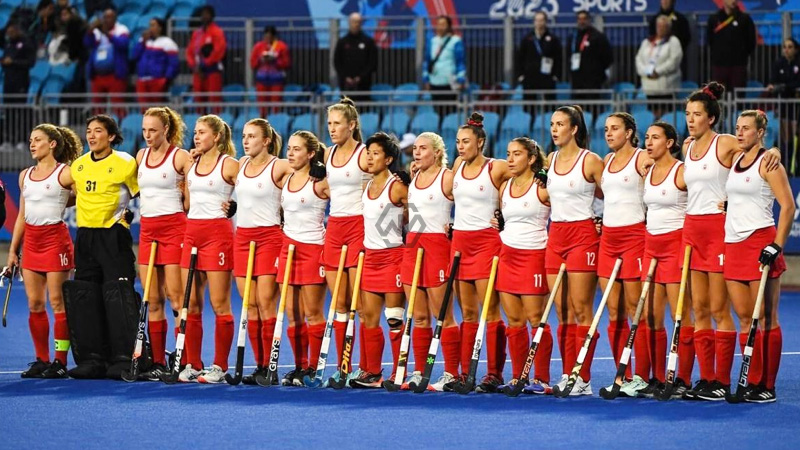- Canada warns of counter-tariffs against the U.S. if no trade deal is reached in 30 days.
- 60% of Canadians say perception of women’s sport has improved over three years.
- Public interest surges with new pro leagues, yet infrastructure still lags behind.
Canada is signaling a more assertive trade stance, with Mark Carney stating the country may impose new counter-tariffs on U.S. goods unless trade negotiations show progress within 30 days.
Meanwhile, a new report highlights a cultural shift in Canadian sports, revealing a surge in public support for women’s sport. The founding of professional leagues like the PWHL and Northern Super League has amplified visibility, normalizing women’s sport as mainstream entertainment.
Trade Tensions Rise as Canadians Rally Behind Women’s Sports
Mark Carney’s remarks on potential counter-tariffs come amid growing dissatisfaction with stalled trade talks. The 30-day ultimatum reflects Canada’s increasing willingness to take reciprocal measures in defense of its economic interests. Analysts see this as a calculated signal ahead of upcoming bilateral meetings.
At the same time, Canadians are embracing women’s sport like never before. A national survey presented at the espnW Summit Canada shows that 60% of respondents believe perceptions have improved significantly since 2021. The shift is tied closely to increased media coverage and the establishment of dedicated women’s leagues.
The Professional Women’s Hockey League and the Northern Super League are among the notable additions to Canada’s sports landscape, along with the WNBA’s 2026 expansion into Toronto. These developments have not only broadened fan bases but also challenged longstanding gender norms in professional athletics.
Despite these cultural wins, experts caution that systemic support—such as sponsorships, media rights deals, and youth development programs—has not kept pace with audience enthusiasm. Only 41% of Canadians view women’s sport as a national investment priority, indicating the work still required to achieve parity.
The dual headlines—Canada’s toughened trade posture and the rising momentum in women’s sport—signal a country navigating both global pressures and domestic transformation, with national pride emerging as a common thread.
“When people see it more, then they’re like, ‘Oh yeah, this is a thing.’ It becomes normalized.”
— Jessica Doherty, VP, Torque Strategies



